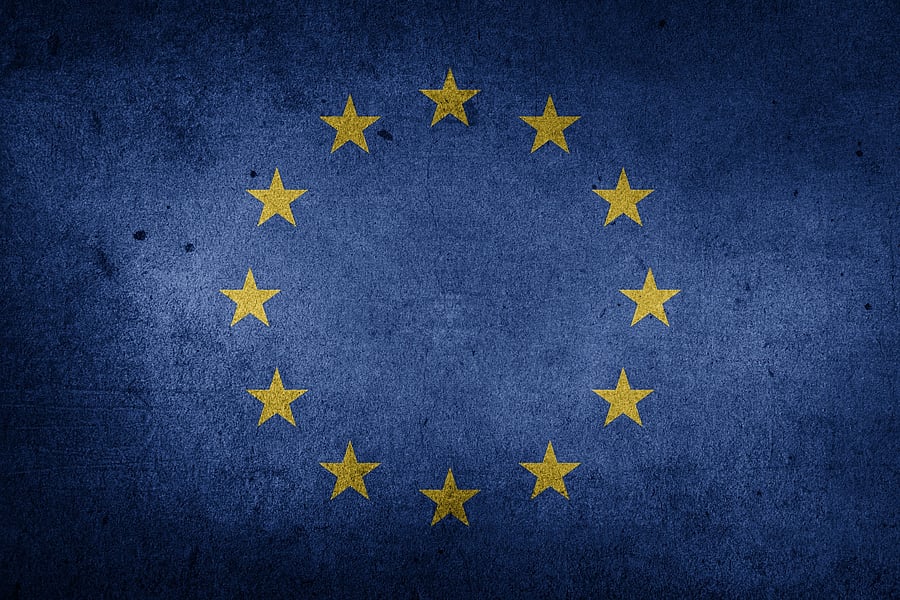
Since the Russian annexation of Crimea in 2014, relations between Moscow and Brussels have deteriorated rapidly. Recently, the crisis in Belarus and the imprisonment of Russian opposition leader Alexei Navalny further escalated the tensions. The Geneva Summit between US President Joe Biden and Russian President Vladimir Putin raised hopes of a similar re-engagement between the EU and Russia. France and Germany proposed a bilateral summit with Putin. But the proposal was quashed in the recently concluded European Council Summit after the Baltic States and Poland objected. That the Macron-Merkel proposal conflicted with the sensitivities of the Baltic States and Poland reveals the deep divisions in the EU over Russia.
The Baltic States and Poland are particularly vulnerable to rising security threats from an assertive Russia. With sizeable Russian-speaking minority populations and the enhanced presence of the Russian military on their eastern borders in Kaliningrad, these states perceive the Russian threat more gravely than their EU counterparts. Kremlin has used the presence of the Russian-speaking population in post-Soviet republics to increase its power and influence. Moscow used the pretence of protecting the Russian-speaking minority while annexing Crimea in 2014 and, more recently, in the simmering conflict in the Donbas region of Ukraine. Moreover, the presence of a significant Russian-speaking population in the Baltic States make these countries vulnerable to the influence of Russian media. In 2020, Latvia and Lithuania banned Russian broadcast channel RT (Russia Today) for its alleged control by Dmitri Kiselyov, whom the EU sanctioned for promoting Russian propaganda during the Ukraine crisis. With their unique geographic position and ethnolinguistic ties with Russia, the Baltic States are deeply vulnerable to the Kremlin’s tactics. A precarious security situation has pushed these states towards vociferously promoting a tough stance vis-à-vis Russia within EU.
France and Germany have been collectively offering to ease the diplomatic pressures on Russia, surprising the other member-states of the EU. Macron’s push for reinstating talks with Russia is driven by the competition with the US. Biden’s high-stakes meeting with Putin last week renewed some unease within French diplomatic circles on a possible shift of dynamics between the US and Russia. This is not the first time that France has proposed continued engagement with Russia. President Macron has been calling for more realistic cooperation with Moscow to foster long-term stability in the region. Similarly, Berlin wants to tread carefully on Russia as it fears a possible fallout on the Nord Stream 2 pipeline project connecting the two countries, which is nearing completion. While the EU has become more estranged from Russia in the last few years, Germany has kept its economic decisions separate from political developments on the Nord Stream 2 project.
The EU’s Russian dilemma presents a daunting challenge to the internal unity of the bloc. Recently, the EU High Representative Josep Borrell had proposed a new framework for Russia. The approach consisted of three elements: Push back, constrain and engage. Under this approach, the EU intends to push back on human rights violations and anti-democratic values. The increasingly repressive environment in Moscow, coupled with the deteriorating situation of civil society organisations, human rights defenders and the media has deeply affected EU-Russia relations. The EU is determined not to slack off on its core values, making it clear that these are no longer domestic affairs of nations. It will also continue to raise objections to the breach of international law in Georgia and Ukraine, calling on Russia to implement the Minsk agreement fully and assume its responsibility as a party to the conflict. At the same time, the EU will constrain Russian efforts to undermine the bloc’s collective interest by becoming more robust and resilient. For this, the EU needs to strengthen its cybersecurity and defence capacities, ensure energy security, and counter hybrid threats by coordinating with NATO and G-7 members. While pushing back and constraining, the EU also intends to selectively engage with Russia on issues such as Covid-19, climate change, trade, energy, and people-to-people connectivity.
The EU’s balancing between pushback, constrain, and engagement needs to be coupled with assertive policies. Otherwise, these policy prescriptions are not new, and they hold very little significance in mending EU-Russia ties in the short term. Moreover, any strategic engagement will be effective only if the EU itself remains coherent. The EU’s experience in dealing with Russia has made it evident that an appeasement policy towards Russia will not yield the necessary result. The EU must resort to a tougher stance vis-à-vis Russia, coupled with dialogue only if Kremlin shows moderation in behaviour. The EU needs to unify its position vis-a-vis Moscow and demand a reciprocal restraint in the Russian position for a possible change in the status quo.
(Kachiar is Assistant Professor and Poojary is Lecturer at Manipal Centre for European Studies)